Network of Place-Based Community-Connected Rural Schools Receive Grant to Expand
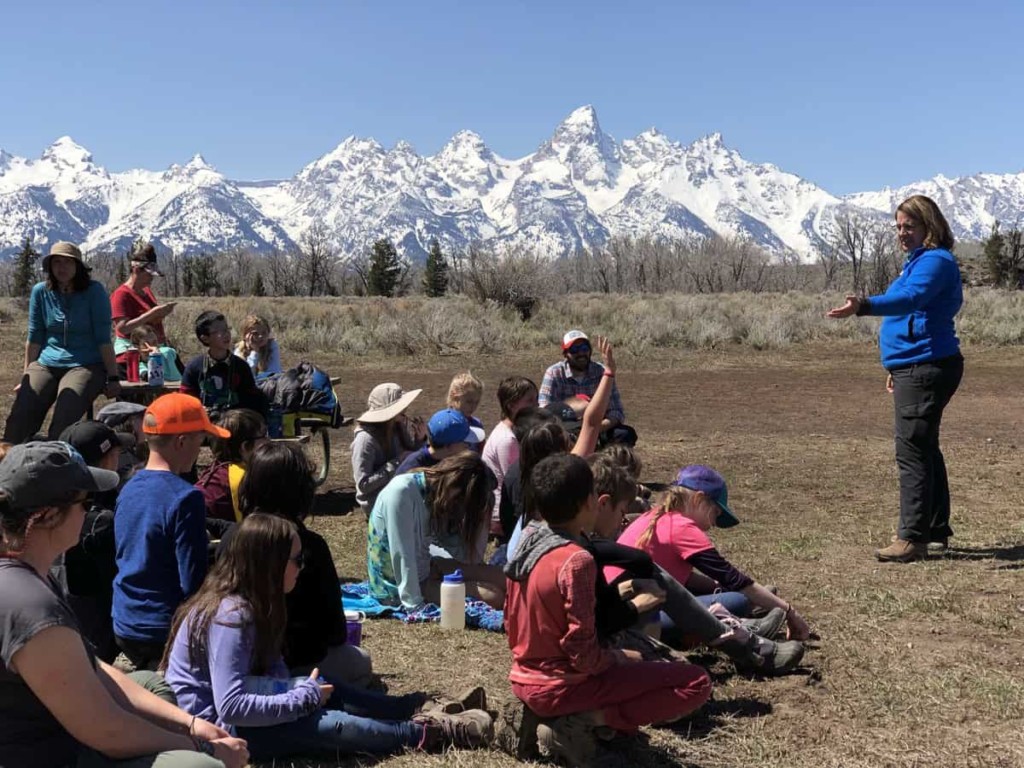
Despite dedicated teachers and schools, many rural communities are struggling to survive. Young people grow up and move away. Schools shrink and close accelerating the downward spiral.
A new approach to education could be the solution to rural decline–small schools of 15 to 150 students (often called microschools) sharing resources in networks and leveraging local learning opportunities.
Small community connected schools aren’t a new idea. Big comprehensive schools are a recent invention that created the impression that schools need 40 acres and a $1 million administrative team. While big campuses offer extracurricular amenities they can separate education from community and create diseconomies of scale. (There are as many non-teaching adults as teachers in American.)
Teton Science Schools runs small place-based schools and experiential science education programs in Wyoming and Idaho. They inspire curiosity, engagement and leadership through transformative place-based education. The six design principles include learner-centered, interdisciplinary and inquiry-based, using the community as a classroom to build a local to global context and implementing design thinking to develop solutions.
![]() “Rural schools often have incredible community assets and dedicated staff, but also may struggle with poverty, economic challenges and access to the innovations and resources found in more densely populated areas,” said Nate McClennen, vice president of education and innovation for Teton Science.
“Rural schools often have incredible community assets and dedicated staff, but also may struggle with poverty, economic challenges and access to the innovations and resources found in more densely populated areas,” said Nate McClennen, vice president of education and innovation for Teton Science.
To expand access to quality rural education, Teton Science launched the Place Network, a collaborative network of rural K-12 schools that connect learning and communities to increase student engagement, academic outcomes, and community impact.
Within an innovative place-based approach, students in Place Schools share a common learning model. They do much of their learning in projects. They receive personalized support and progress based on demonstrated mastery. Habits of Success including self-awareness, social-emotional skills, and leadership play an equivalent role to other knowledge and skills competencies.
This month, the Place Network received a $1 million grant from NewSchools Venture Fund to expand.
“The goal of the Place Network is to build an innovative and replicable K-12 model to help all rural schools accelerate in partnership together to reimagine their rural futures,” said McClennen.
Early members of the network include Mountain River School in Vermont; University Charter School in Alabama; Koshkonong Trails School in Wisconsin; Swan Valley Elementary School District and Meadows Valley School District in Idaho; and Leadership Preparatory Academy in Washington. In partnership with Journeys School and Teton Valley Community School, the hub schools run by TSS, these pilot schools have helped to refine the model in preparation for future network scaling.
Schools in the network have access to project plans, implementation support, network tools, and an online professional learning community.
Most schools in the network will be small rural public schools – specifically those in areas with higher rates of poverty. A few will be urban schools and independent schools to test and refine the model. Differences will advance learning around how the model works in diverse geographic areas.
Network goals are to improve academic outcomes, student engagement and community impact for students in rural communities. Over the next three to five years, the network will support 50 schools serving 10,000 students. The network is currently accepting applications for the 2019-20 cohort year.
For more, see:
- Get Kids in the Community and Change the World
- Where Place-Based Ed Fits Into NGLC’s Fields of Learning
- Quick Start Guide to Place-Based Education
Stay in-the-know with all things edtech and innovations in learning by signing up to receive the weekly Smart Update. This post includes mentions of a Getting Smart partner. For a full list of partners, affiliate organizations and all other disclosures, please see our Partner page.



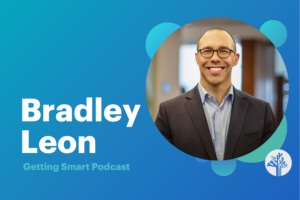

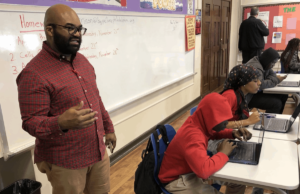
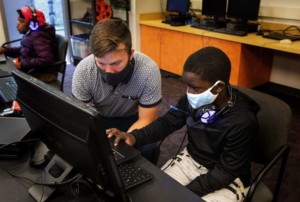
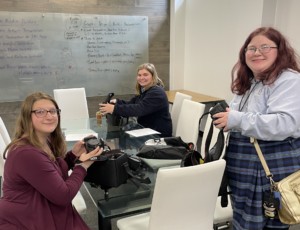
0 Comments
Leave a Comment
Your email address will not be published. All fields are required.